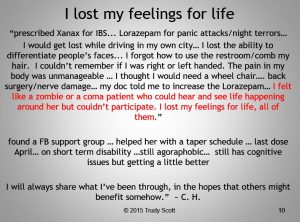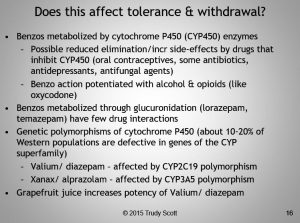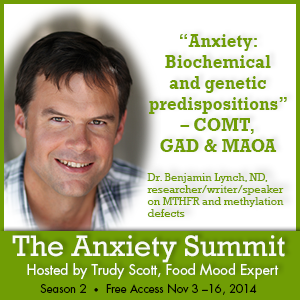
Dr. Ben Lynch interviews Dr. David Brady’s on the Dirty Genes Summit (Jan 22 through Jan 29) and they cover stool testing and antibiotic resistance genes.
The section on antibiotic resistance genes is part of the discussion about the stool testing that Dr. Brady recommends: the GI Map test by Diagnostic Solutions Lab, a PCR/DNA test he helped to develop.
Before they get to the antibiotic resistance genes discussion, Dr. Brady shares more about this 2-year old test and why he has found it superior to other stool testing, sharing that it’s more comprehensive than what the gastroenterologist would do, plus the fact that other functional stool tests rely on culture technologies which has the limitation that you can only test bugs that you can grow. He shares that:
More than 95% of bugs in the gut can’t be grown on a petri dish. They are anaerobes or they are very difficult to culture.
He also discusses the process of testing for sensitivities to herbs (in some of the other stool tests) i.e. what herb will kill what bug, sharing that this is a flawed method:
While dropping specific prescriptive antibiotics on a culture has been methodically worked out to correlate with a certain dose of that antibiotic orally, it’s never been done for herbs and volatile oils.
Dr. Brady does discuss one other major advantage of the GI MAP test:
We look for antibiotic resistance genes, both phenotype and genotype of the microbiotia and looking through the genetic signatures of antibiotic resistance. So if you’re going to use a prescriptive antibiotic, we can tell you if the microbiotia of the patient harbors the genes for resistance to sulfonamide or fluoroquinolones or some others.
I see great value in this beyond finding a solution for addressing the pathogens. This is because we know antibiotics have side-effects and some like the fluroquinolones can actually cause anxiety, depression, insomnia, panic attacks, clouded thinking, depersonalization, suicidal thoughts, psychosis, nightmares, and impaired memory. We cover this in detail in the Anxiety Summit interview with Lisa Bloomquist, fluoroquinolone toxicity patient advocate: Antibiotic Induced Anxiety – How Fluoroquinolone Antibiotics Induce Psychiatric Illness Symptoms
When it comes to genetics work and testing, dr. Brady endorses Dr. Peter D’Adamo, Opus23 and Dr. Ben Lynch, recognizing the importance of science and looking at the clinical presentation of the patient rather than individual SNPs. I would have loved hearing some examples of what he means by this.
All in all, this is a fascinating interview and well worth listening to!
Register for the Dirty Genes Summit here – to hear this entire interview and learn from Dr. Ben Lynch and the other experts he interviews.

Hope you can join in!
Please post questions and comments below.




